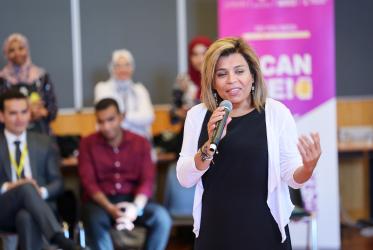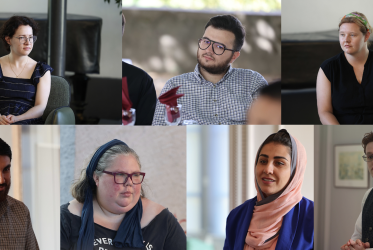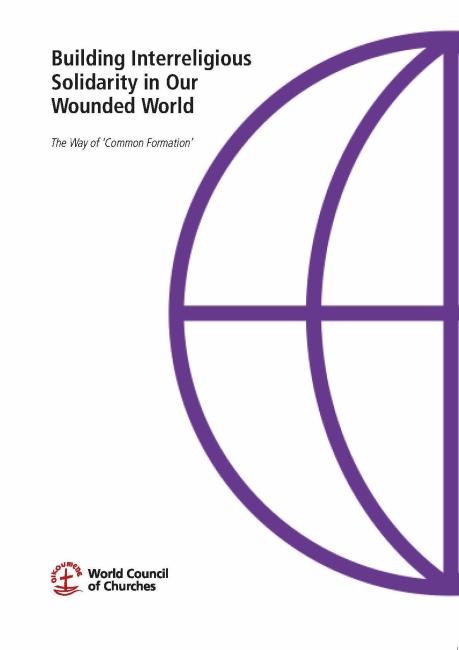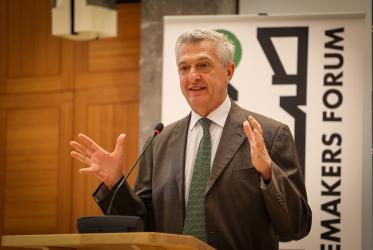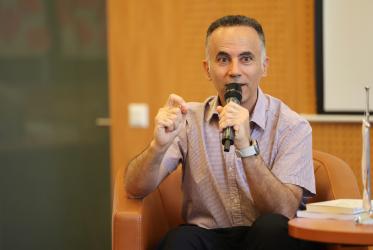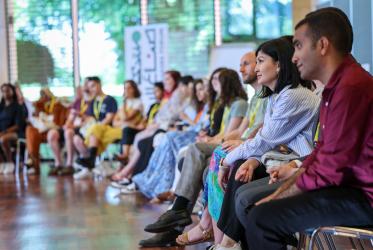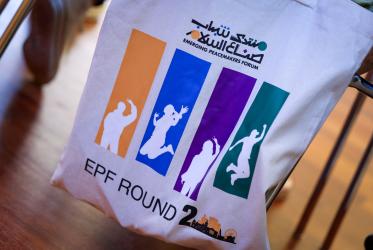A New Global Course for Lent 2024
A new global resource from The World Council of Churches and The Clewer Initiative, True Freedom is a six-week course for Lent. It draws on themes from the book of Galatians and encourages individuals and churches to respond to modern slavery in their communities.
True Freedom includes:
- A short Bible study on the book of Galatians
- A reflection written by Revd Dr Kenneth Mtata and Bishop Alastair Redfern
- Questions for group discussion or personal reflection
- Case studies from churches around the world
- Information and statistics about modern slavery
- Artwork to contemplate and discuss
True Freedom is available in English, German, French, Spanish, and Dutch
06 December 2023









